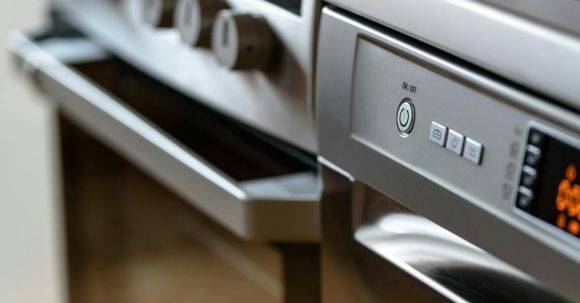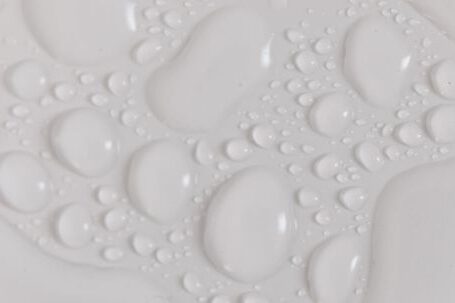The dishwasher is an essential appliance in any kitchen. It saves us time and effort by taking care of the dirty dishes, but it can become a headache if the drain gets clogged. A clogged dishwasher drain can lead to water backup, foul odors, and even damage to the appliance. In this article, we will discuss some useful tips to keep your dishwasher drain flowing freely.
Proper Scrape and Rinse
Before loading your dishes into the dishwasher, it is important to give them a quick scrape and rinse. Large food particles can easily clog the drain, so scraping off excess food is crucial. Rinse off any remaining food debris to prevent it from getting stuck in the drain. This simple step can go a long way in preventing clogs and ensuring a smooth drainage process.
Run Hot Water before Starting the Dishwasher
Running hot water in your sink before starting the dishwasher helps to clear any grease or oil buildup in the drain. Hot water melts away these substances, preventing them from solidifying and causing blockages. It is recommended to run the hot water for a few minutes until it reaches its hottest temperature before starting the dishwasher. This small step can significantly reduce the chances of a clogged drain.
Use a Good Quality Dishwasher Detergent
Using a high-quality dishwasher detergent can make a big difference in keeping your drain flowing freely. Cheap or low-quality detergents may not dissolve completely, leaving residue that can build up in the drain over time. Opt for a trusted brand and follow the manufacturer’s instructions for the correct amount to use. Investing in a good detergent will not only give you cleaner dishes but also help maintain a clear drain.
Regularly Clean the Filter
The dishwasher filter plays a vital role in preventing food particles and debris from entering the drain. Over time, the filter can become clogged with trapped food, affecting the dishwasher’s performance. It is important to clean the filter regularly to maintain optimal drainage. Consult your dishwasher’s manual for instructions on how to remove and clean the filter. A clean filter will ensure that only clean water enters the drain, reducing the risk of clogs.
Inspect and Clean the Drain Hose
The drain hose is responsible for carrying the waste water from the dishwasher to the drain. Over time, it can become clogged with food particles, grease, and soap residue. Regularly inspect the drain hose for any signs of blockage or damage. If you notice any buildup, use a pipe cleaner or a small brush to gently remove the debris. Cleaning the drain hose periodically will help maintain a clear and efficient drainage system.
Schedule Professional Maintenance
While regular cleaning and maintenance can go a long way in preventing clogs, it is advisable to schedule professional maintenance for your dishwasher at least once a year. A professional technician can thoroughly clean the internal components, check for any potential issues, and ensure that the drain is functioning optimally. Professional maintenance will not only keep your dishwasher drain flowing freely but also extend the life of your appliance.
In conclusion, keeping your dishwasher drain flowing freely is essential for the efficient operation of the appliance. By following these simple tips, such as proper scraping and rinsing, running hot water before starting the dishwasher, using a good quality detergent, regularly cleaning the filter, inspecting and cleaning the drain hose, and scheduling professional maintenance, you can prevent clogs and maintain a smoothly running dishwasher. Remember, a little effort in maintaining your dishwasher drain can save you from a lot of frustration and expensive repairs in the long run.



